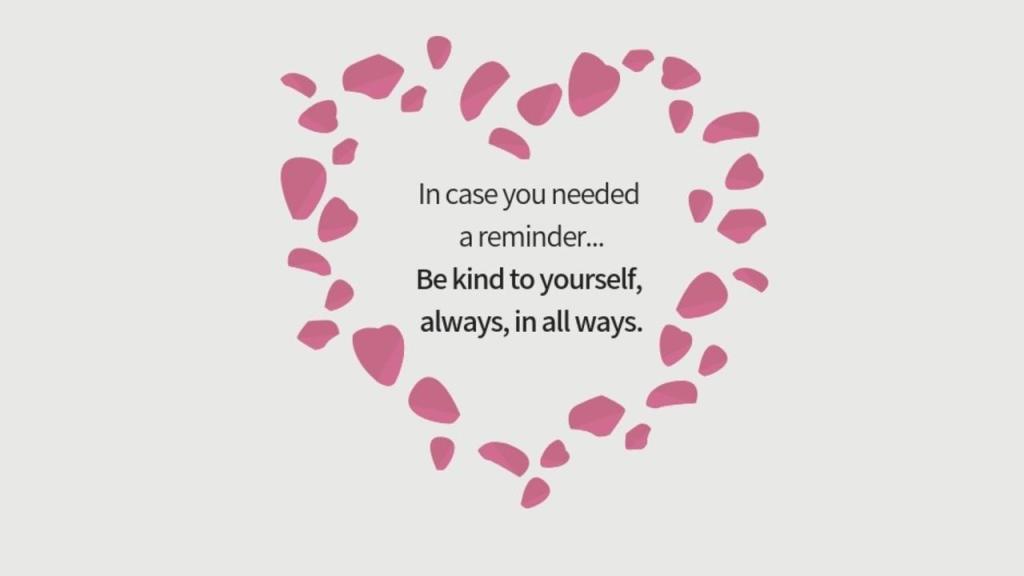Sigh. So it’s been a month since my last post since I needed a little time to adjust to the new normal. Homeschooling my two kids whilst working full time from home (and since my job is in the field of humanitarian response, my day job has become way more hectic) is exhausting: add to that worrying about elderly parents in another country and just trying to keep the wheels on our daily life and I didn’t have much energy to spare.
After my last post, I spent another week watching my funds crashing, and it felt like my dreams and plans were crashing too. I think being so early on in my journey made this pretty scary – like watching someone lop off branches which are just starting to blossom. I was awake every night for about two weeks obsessing about what to do, and in the end, I sold.
I sold two-thirds of my investment portfolio and put it into a savings account. My savings overall took a huge hit. I know, I know: selling when the market goes down only converts paper losses into real losses. But it was almost worth it to get the decent nightly sleep I needed to face my daily litany of tasks.
So here’s what I learnt:

- My risk tolerance looks different to what I thought. The ability to tolerate risk is a huge part of making financial decisions. It turns out that risks feel different when they are really happening compared to how I thought it would feel (uh, duh). The COVID pandemic also meant that I had my first taste of realising risk as an investor when nothing is stable – people’s jobs, my family’s health, the general sense of how close we are to The End Of Days… Risk wasn’t just something that related to my emotions about my investments, but to the sense of stability in the world at large.
- My long-term game is stronger than my short and medium term. As well as my stocks and shares ISA (where I pulled money from) I have three pension pots, plus I have been working on kids’ savings. I didn’t touch any of this, or even look at the balances. These feel so long term that the crisis NOW doesn’t affect them in my mental planning.
- That does mean I need to work out my investment policy statement. This is a relatively simple document which sets out, why, what, how, for how long, and how you will know your approach is working. I realised that whilst in my mind I was investing for the long term, my mental planning around the ‘what next’ in my life saw me spending that money earlier than makes sense for it to be in funds. Once I understood this disconnect I gave myself permission to pull funds. But setting out a clearer strategy would have given me metrics to work through options rather than just relying on my need to sleep.
- Having an emergency fund really, really matters. Before I started investing, I had created an emergency fund. I have this set out to two accounts: my usual bank where I pay my mortgage, bills and whatnot has an attached savings account where I have three months of those expenses. Then I have a separate savings account (so I don’t see it and am not tempted in case I feel the need to slide money around) which has another three months plus additional in case I struggle to cut costs I anticipate would be possible if I lost my job. In total I have four months of take home pay which should cover seven months plus of all our costs. Knowing that money was there is making a huge difference to my emotional well-being. Without it, I might have felt the need to pull all my investments.
- It’s my money, and to some extent my decisions are therefore always the right ones. From the point of Kantian moral philosophy (bear with me) I am not a means to the end of a successful financial future: I am an end in myself. Whilst this might sound like the noise of me disappearing up my own jacksie, it is a reminder that I am more than the sum total of my financial decision making. During the obsessing, twisty turny evenings of trying to work out what to do this became super helpful. I had to stop listening to all my favourite podcasts, because they were all screeching about not selling, and I had already done so. Remembering what it’s all about, and who is in charge, for was crucial.
Living life in these hard times with a little bit of grace and forgiveness is more important than ever. As a single mum with lone and total responsibility for my household’s finances, it’s only my permission which is needed and me who has to clear it up if it all goes wrong. So whilst I panicked (a little), I am also proud that I had my emergency fund in order as well. And I learnt a huge amount that I can apply to get financially even stronger moving forward.

Pingback: The Red Briefcase: 2020 spending review | Brilliant Ladies' Handbag Club
Pingback: Risk and the single girl / parent | Brilliant Ladies' Handbag Club
Pingback: 1% Better: micro-improvements | Brilliant Ladies' Handbag Club
Pingback: The Fear | Brilliant Ladies' Handbag Club
Pingback: 2022: Financial year in review | Brilliant Ladies' Handbag Club